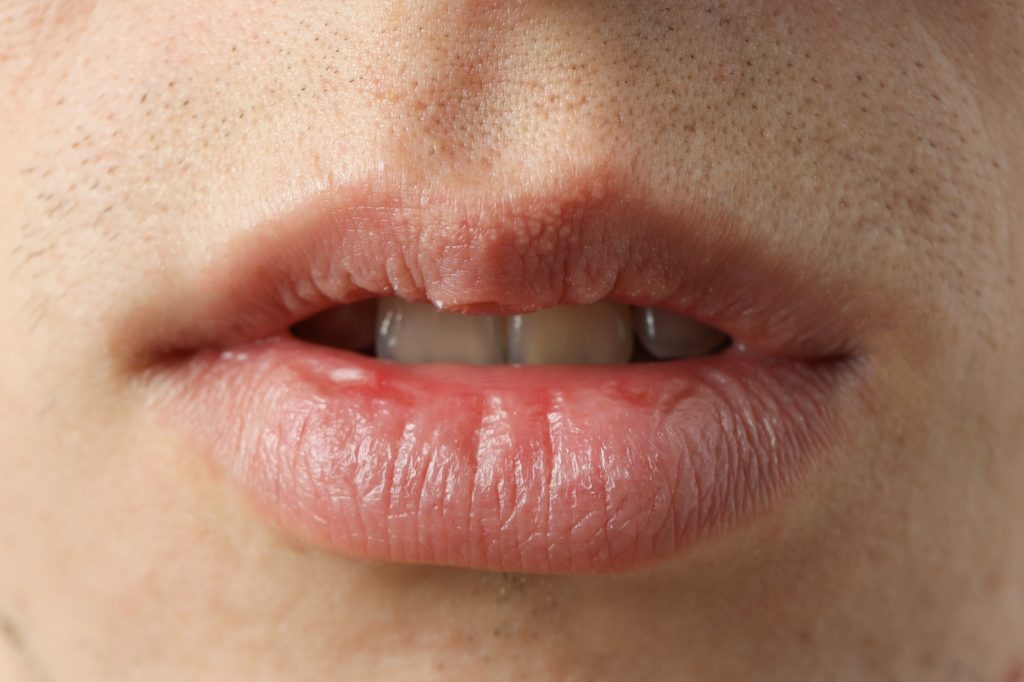

Let’s take a look at some of the medications that can cause dry mouth…
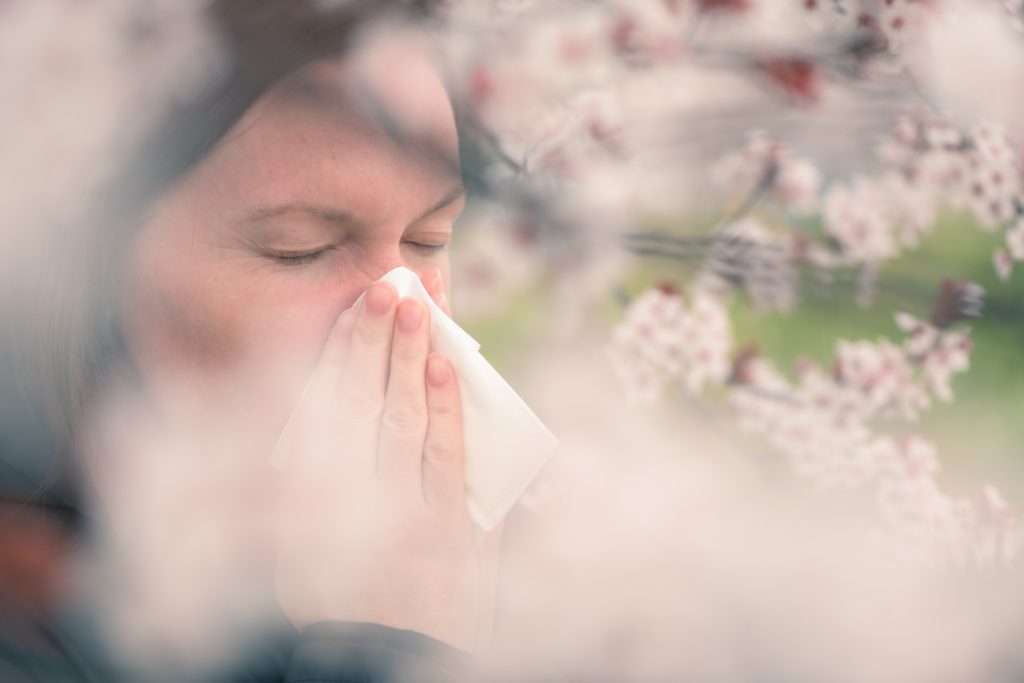
Dry mouth that comes from taking an antihistamine may be because of an antimuscarinic effect. Here are some common over-the-counter (OTC) antihistamines:
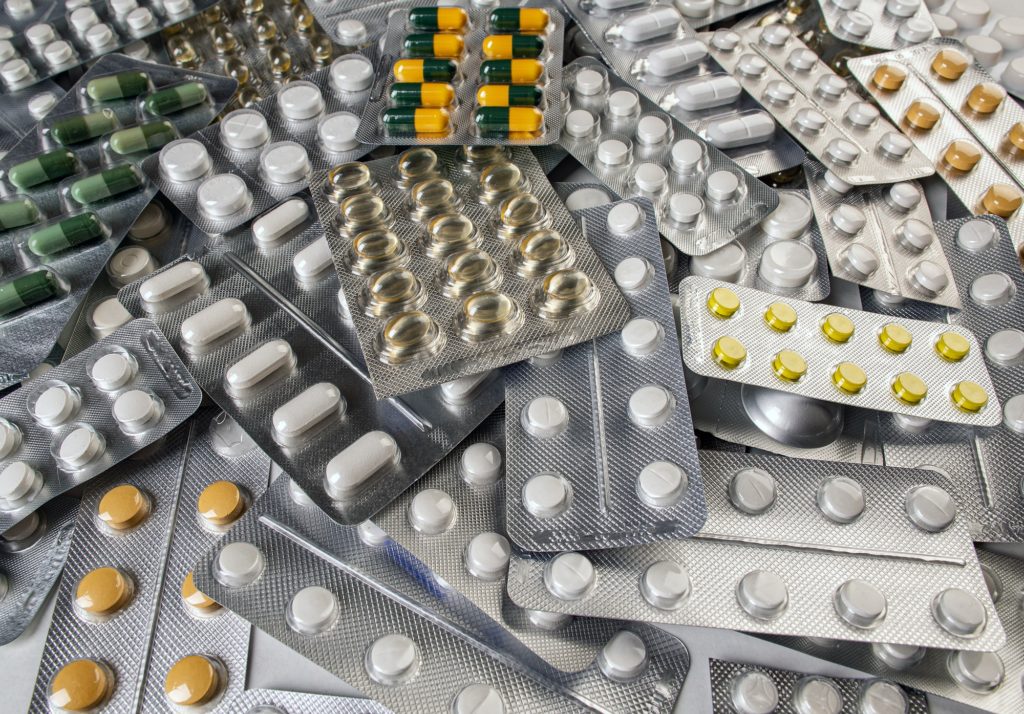
Antipsychotics are mainly used to treat schizophrenia and bipolar disorder. Here are some antipsychotics that can cause dry mouth:

Benzodiazepines help treat anxiety, seizures, and insomnia and can also cause mild dry mouth. Here are some common benzodiazepines on the market:
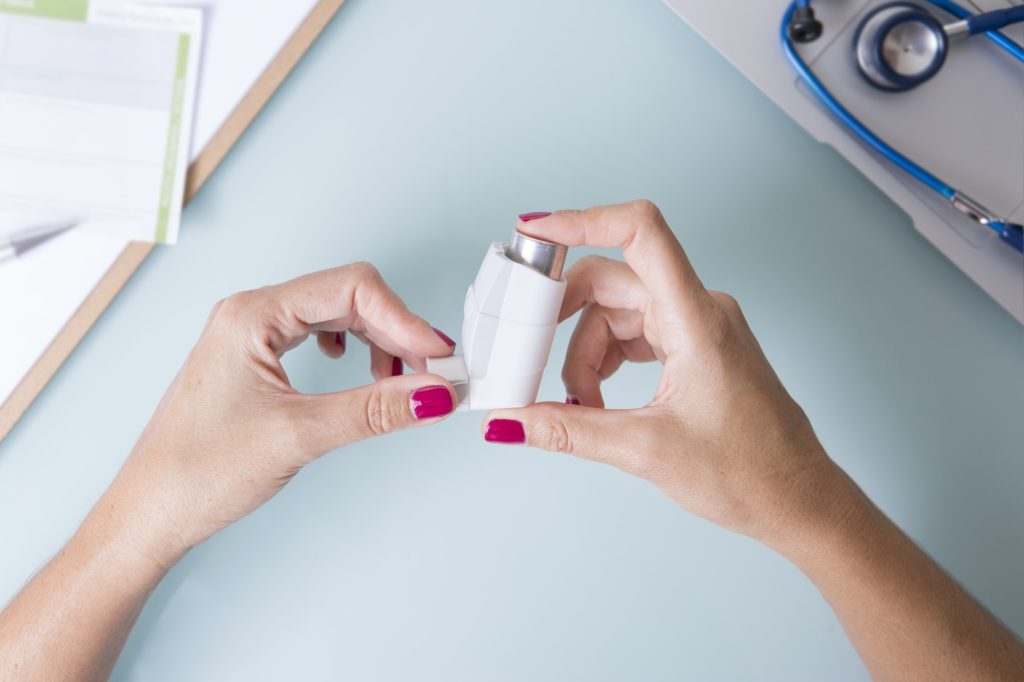
Inhalers are used by people with asthma or lung diseases to help open up their airways, but they can repress salivary glands and cause dry mouth. Popular bronchodilators include:
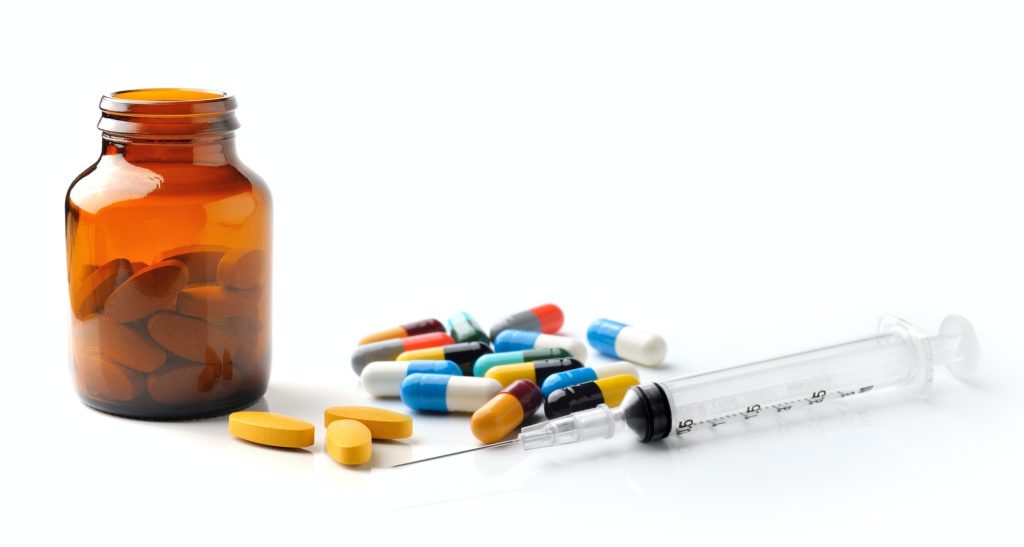
Analgesics are painkillers that include OTC pain meds like ibuprofen and stronger meds like opioids, which treat chronic pain. Pain medications affect the autonomic nervous system, which in turn affects saliva flow. Here are some of the most common pain medications on the market:
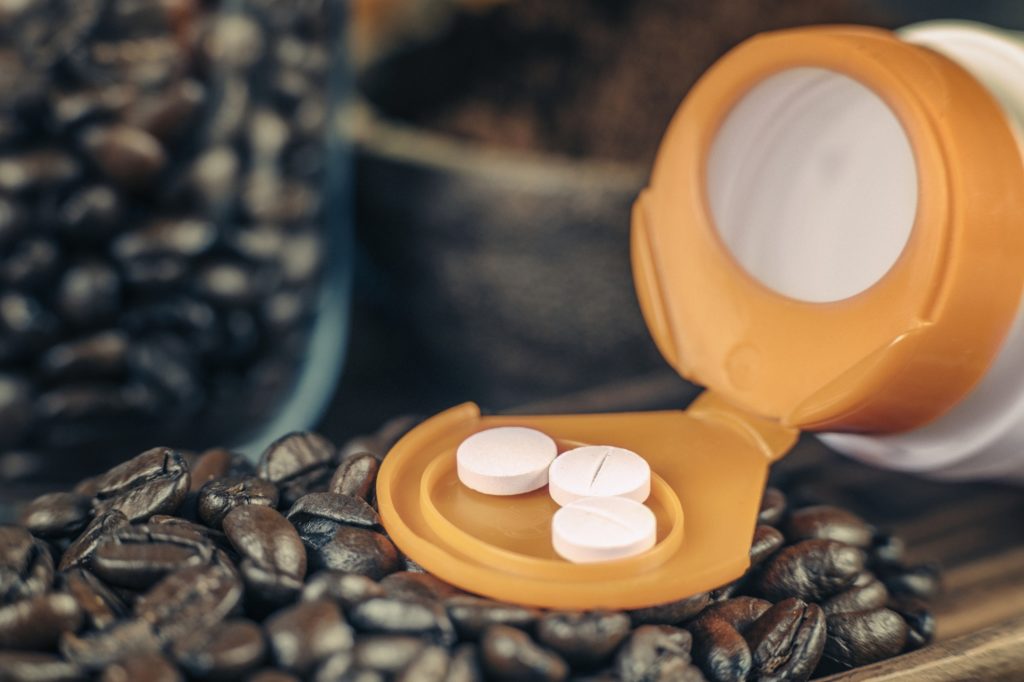
Stimulants are mainly used to treat ADHD and narcolepsy, and have hyposalivation as a known side effect. These are three of the most commonly prescribed stimulants:
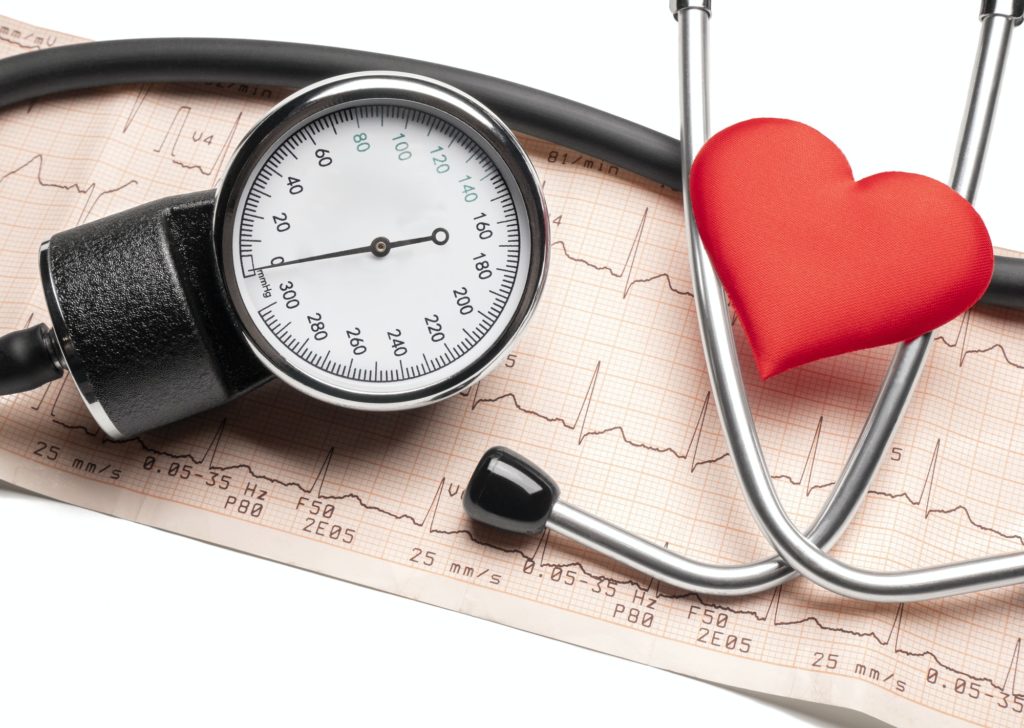
Medications prescribed to treat high blood pressure (hypertension) and heart medications can cause dry mouth. Here are some of those medications:
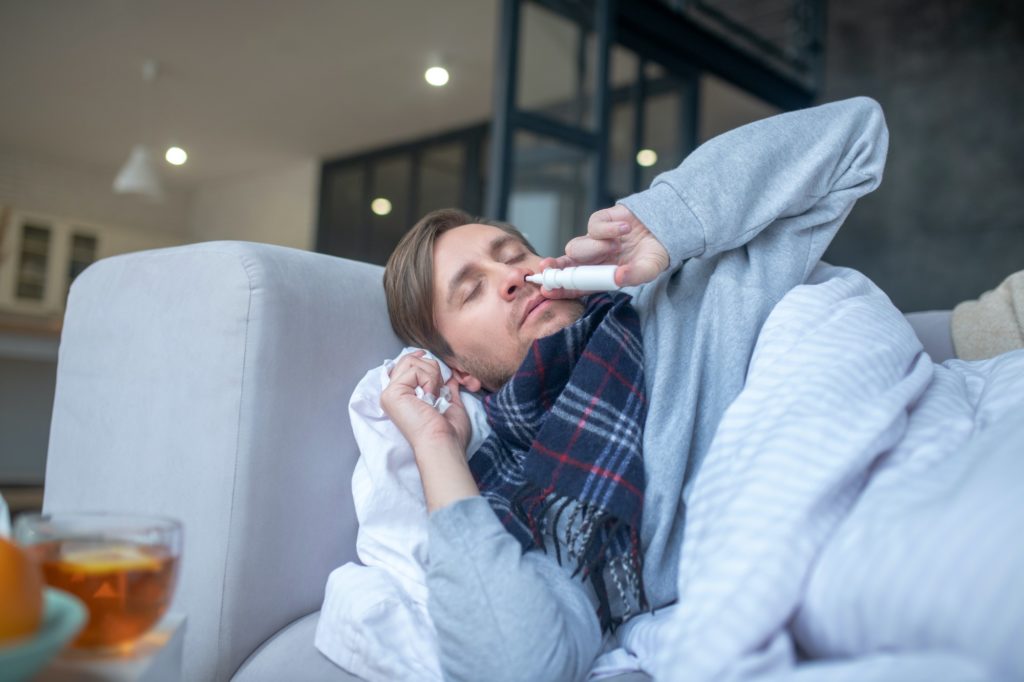
Decongestants help control how much mucus the body produces and can also affect how much saliva it produces. Popular OTC decongestants are:
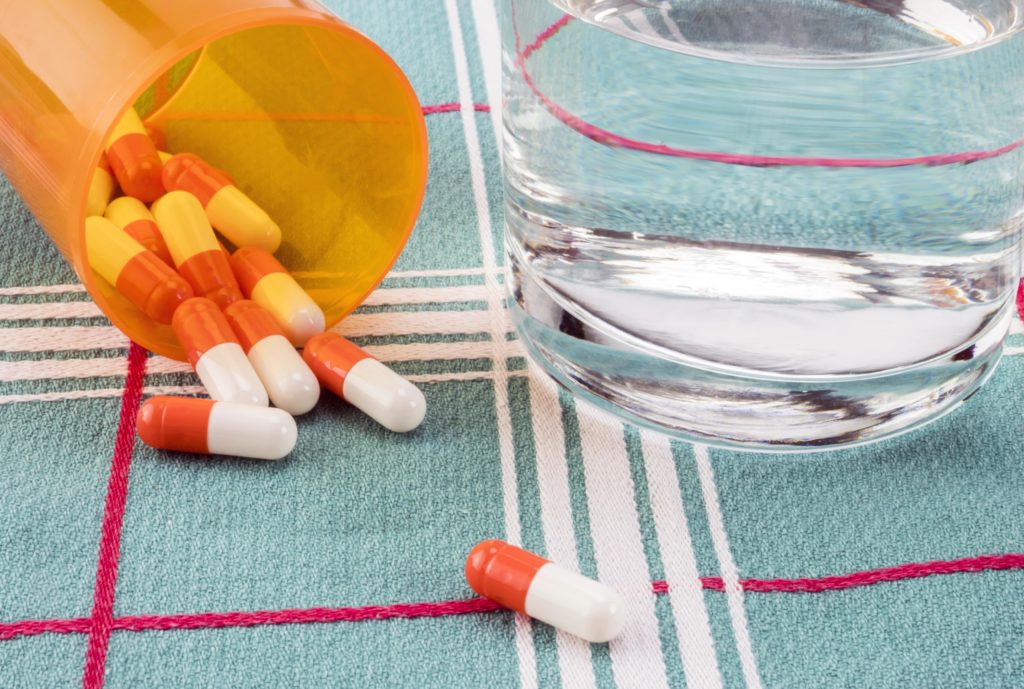
Diuretics reduce the amount of water and salt in the body by increasing urination, and are known to cause dry mouth. Here are some commonly prescribed diuretics:

Dry mouth tends to be more prevalent among older adults, and older adults who take Alzheimer’s disease medications are even more likely to experience dry mouth. Some of the most common Alzheimer’s disease medications that can cause dry mouth are:
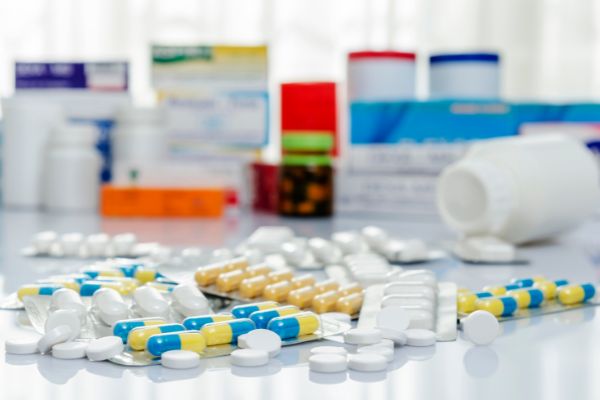
These medications can treat numerous conditions such as urinary incontinence or an overactive bladder. They inhibit nerve impulses for involuntary muscle movements but can also reduce the flow of oral saliva. Here are some of the most commonly prescribed anticholinergics:
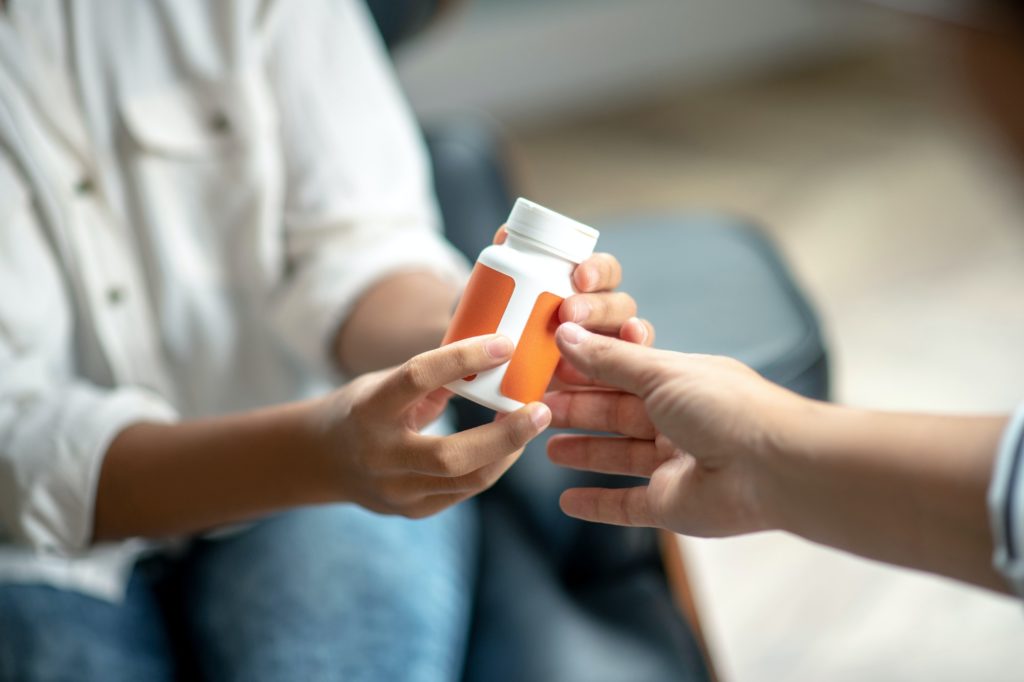
Antidepressants can help treat anxiety and depression. They can also exert an inhibiting influence on saliva production and often cause dry mouth. These are some of the most commonly prescribed antidepressants:
